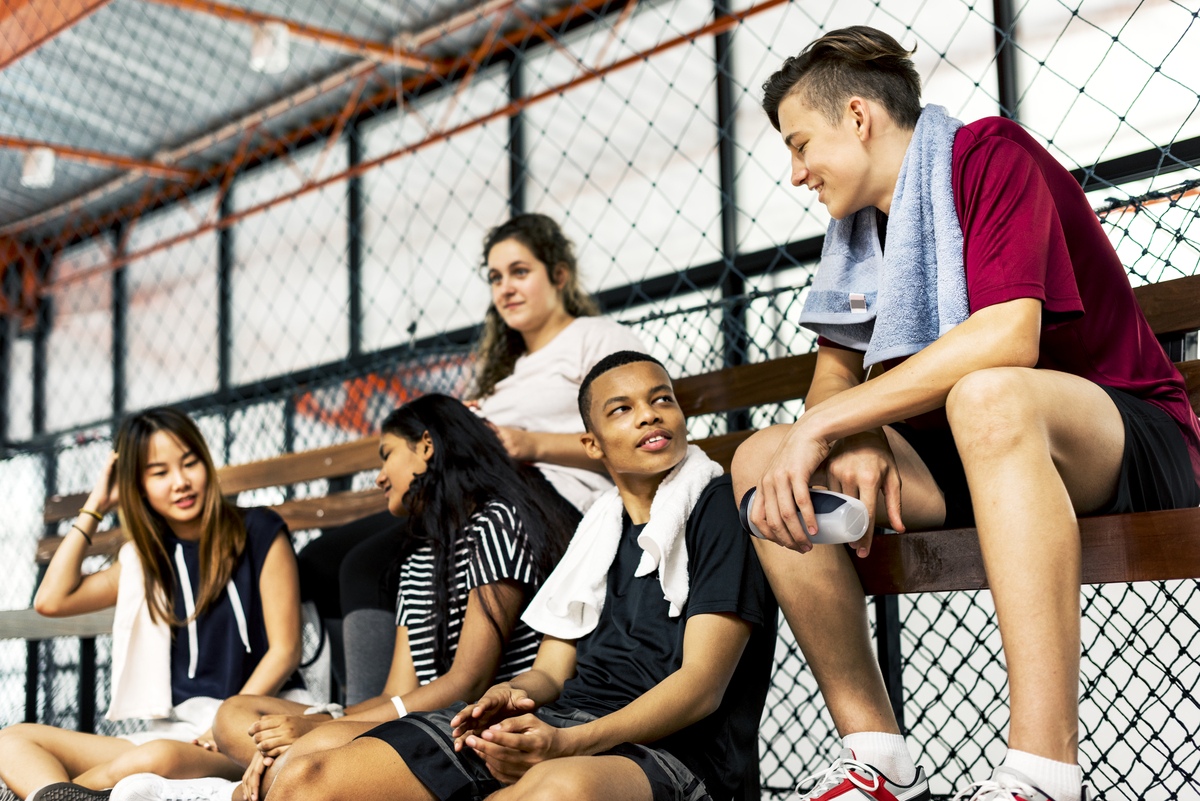The NCAA’s Name, Image, and Likeness allowances adopted four years ago have been an extraordinary gateway to income for many U.S. student-athletes, who often rake in huge paydays for endorsements, autograph sessions, apparel sales and the like.
But international student-athletes on typical F-1 student visas are shut out of most of that, as NIL monies are considered work, and international student-athletes on these visas are allowed to work only under very tight parameters (involving their majors) and quick deadlines (20 hours a week, tops). NIL Guide F1 Athletes 2025
At least that is true for international student-athletes while they are in the United States.
International student-athletes can earn money in their original countries at any time, or while in other countries if they are participating in games, matches or meets there. An international student-athlete can sign an NIL deal in their home country so it is not considered U.S.-based income. They also can film commercials or post content from there.
Legal Uncertainty and Real-World Examples
Even with that, there is still a risk of losing a visa and being deported. Legal experts call this area murky, and there is uncertainty with how the Department of Homeland Security will view these deals.
Former UConn and current WNBA small forward Aaliyah Edwards of Canada signed an NIL deal with Adidas Canada but was unable to promote herself or that deal while in the United States. In fact, after signing it in 2024, she wasn’t allowed to answer reporters’ questions about it. NIL Earnings 2025 Vs
Adidas also was cautious, releasing a statement to the Associated Press that the company “is being respectful of the NIL rules and Aaliyah will only participate in Canada during her NIL Adidas Canada deal.”
Longtime UConn Naismith Memorial Hall of Fame coach Geno Auriemma said at the time he supported legislation allowing international students (athletes and not) to at least make enough money to buy food.
This caught the attention of Connecticut senator Richard Blumenthal, a Democrat, who joined Nebraska senator Pete Ricketts, a Republican, in introducing bipartisan legislation in October 2024 to create a subcategory within the F-1 visa to allow international student-athletes to be much more active in the NIL space.
“Their blood, sweat and tears are equally deserving of monetary awards as other student-athletes,” Blumenthal said. “The current visa system puts them at risk of losing their legal status here if they earn any NIL money (in the U.S).
“This provision is deeply unfair and demonstrably outdated, and must be reformed, as our legislation would do.”
There has been no further action on the legislation. NIL Guide
Workarounds, Risks, and the Visa Process
With the help of their schools and agents, some international student-athletes have found creative ways to work around the rules and cash in on their fame. They organize camps in their home countries and film endorsement deals there outside the academic year. Some have netted money from their home countries during exhibition games there.
For the rest, the murky rules — consisting mostly of what they cannot do — are causing them to miss out, perhaps simply because they are scared to take a chance. NIL Employment F1 Rules
International student-athletes risk visa revocation and deportation by accepting NIL deals for any monies earned via personal appearances, autograph sessions, social media posts and the promotion of products from U.S. soil.
To enroll in a U.S. college or university, an international student-athlete (or even a regular student) must apply for a visa through the U.S. Department of State. Most go the nonimmigrant F-1 route. To maintain F-1 status, international student-athletes must be enrolled full-time (generally 12 credit hours per semester). NIL Future Legislation
To become eligible, student-athletes (and regular students) must complete the online visa application and be accepted into a Student and Exchange Visitor Program (SEVP)-certified college or university. They then must complete a Form I-20 from the school, show proof of financial support (illustrating sufficient funds to cover tuition and living expenses), pay fees, gather documentation and pass an interview at a U.S. embassy or consulate. NIL Law Standardization
Learn More About the NIL Landscape
Name, Image, and Likeness plays an increasing role in college sports, and understanding how it works often requires more than individual articles or news updates.
RallyFuel is a platform focused on NIL-related topics across college athletics. It brings together information about athletes, NIL activity, and the broader structure behind modern college sports, helping readers explore the topic in more depth.






Leave a Comment